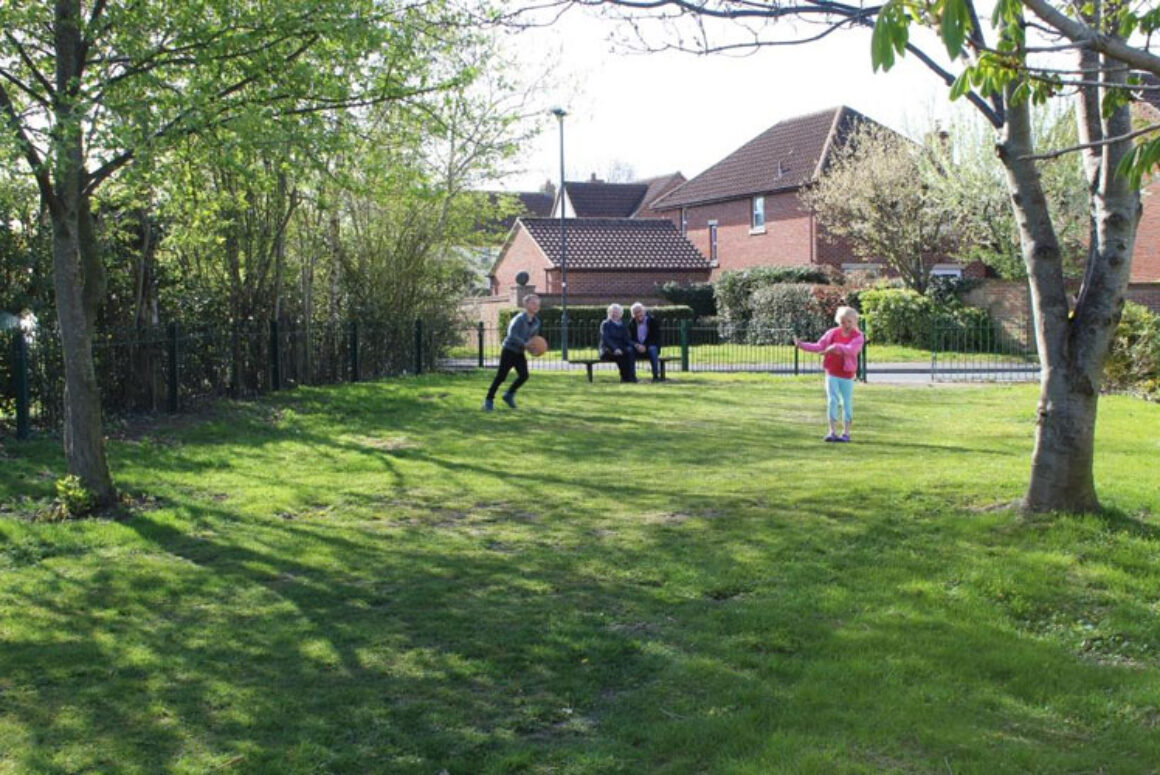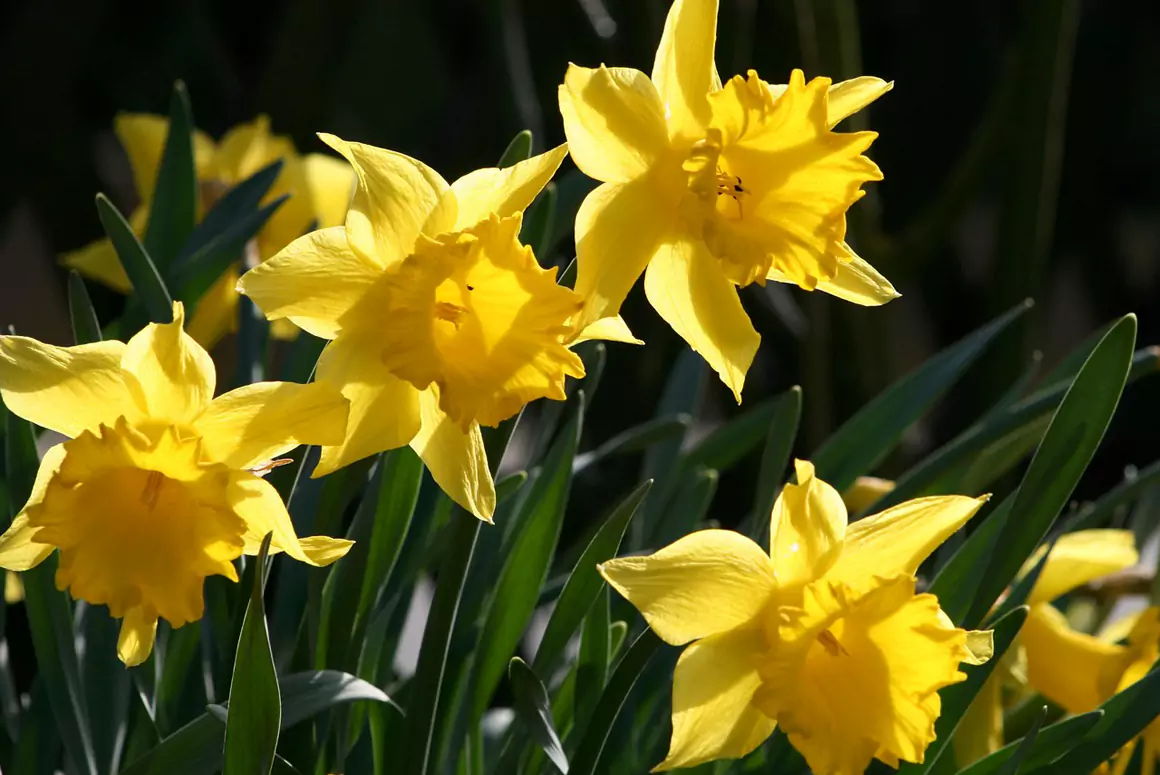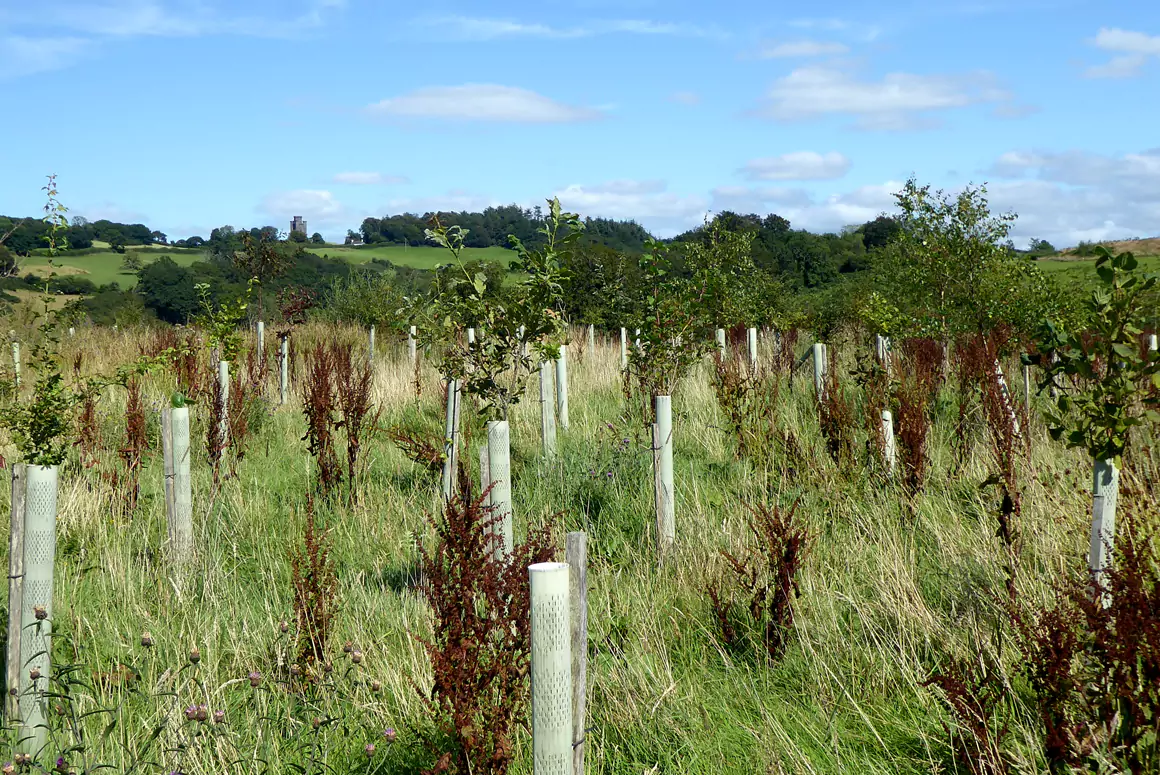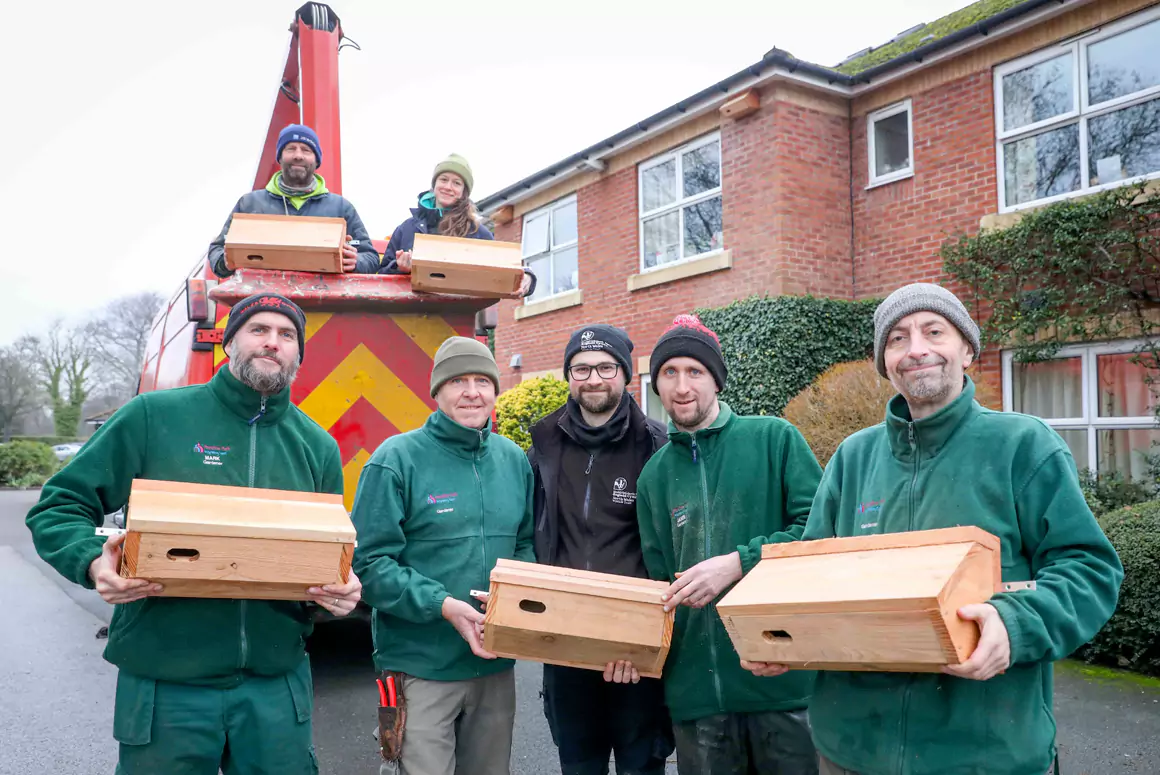The Open Spaces Society(1), Britain’s oldest national conservation body, today (Monday 26 April) launches its Grant A Green campaign. The society urges local councils in England and Wales voluntarily to register their open spaces as town or village greens(2), to protect them from development and give local people rights of recreation there.
The society explains that it is more important now than ever to secure our green spaces. Not only have the restrictions on movement meant that people have discovered that their local open spaces are essential for their health and sanity, but also those spaces are under unprecedented threat.
The Westminster government is intent on destroying the planning system, and green spaces are in the firing line for development. In Wales, such spaces are under threat from outdated and inadequate planning guidance. Landowning local councils can set an example to others, and provide a gift for their communities, by registering their land as greens.
There is a guide to voluntary registration on the society’s website and there is no charge for applications, which are made to county or unitary councils’ commons registration departments under section 15(8) of the Commons Act 2006.
Says Nicola Hodgson, one of the society’s case officers: ‘This is the moment for local councils to set an example and voluntarily register their land as town or village greens. In the face of enormous threats to our precious open spaces this is the best way of ensuring that they can be enjoyed for ever by local people.’
Further information is at www.oss.org.uk/grant-a-green-campaign/
(1) The Open Spaces Society was founded in 1865 and is Britain’s oldest national conservation body. It campaigns to protect common land, village greens, open spaces and public paths, and people’s right to enjoy them. The society was instrumental in saving Hampstead Heath, Wimbledon Common, Epping Forest and many other London open spaces in the nineteenth century.
(2) Any landowner can dedicate land as a town or village green, under section 15(8) of the Commons Act 2006. Once the land is dedicated, local people have rights of informal recreation there, and the land is protected from encroachment and development for ever more under section 12 of the Inclosure Act 1857 and section 29 of the Commons Act 1876.





